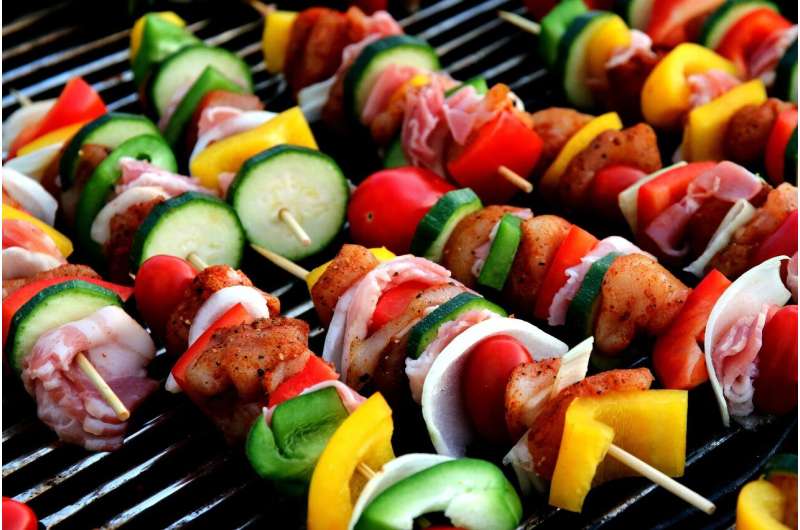Should you wash your raw meats and vegetables before cooking?

When it comes to food safety in the kitchen, it's important to keep your work area clean from bacteria and the possibility of cross-contamination. It's best to use hot, soapy water to wash utensils, cutting boards and other surfaces you use, especially when handling raw meat and poultry.
But what about washing raw meat and chicken before cooking? Here's Mayo Clinic clinical dietitian Anya Hill with more.
Gathering family and friends together for a home-cooked meal should bring joy. The last thing you want is unexpected food poisoning.
"It's important to remember to wash your hands frequently, keep foods at proper temperatures and cook meats to proper temperatures to avoid any foodborne illness," says Hill.
Rinsing vegetables to rid them of loose grit or lingering dirt helps reduce germs. But when it comes to meat and poultry, that's another story.
"Some people think they are supposed to wash their meats and chicken before cooking. I recommend not washing them because that puts you at risk for spreading the bacteria around your kitchen and around yourself," Hill says.
Cooking raw chicken straight from the package is safe, says the Food and Drug Administration, because modern food safety systems have been greatly improved. Bringing meats to their proper temperatures will destroy any foodborne illness.
Chicken and all poultry products are safe to eat at 165 F. Beef, pork and lamb should be cooked to 145 F and ground meats are safe to eat at 160 F.
By following a few simple tips, you can feed those you love the food you love―safely.
2021 Mayo Clinic News Network.
Distributed by Tribune Content Agency, LLC.





















